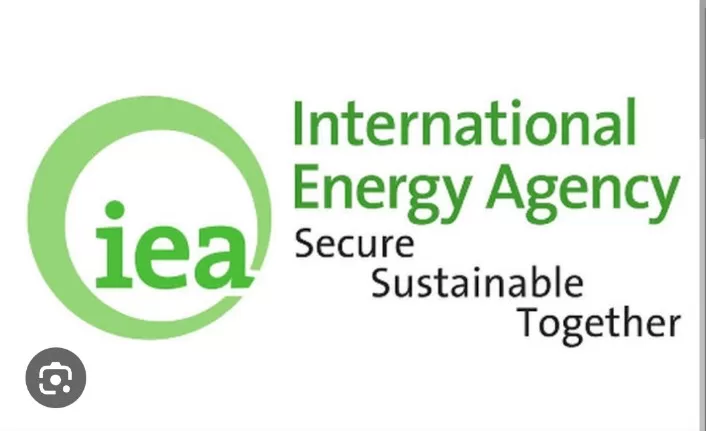In a momentous revelation, the International Energy Agency (IEA) unveiled its Breakthrough Agenda Report for 2023, showcasing a significant global transformation in the energy landscape. This seismic shift is characterized by the ascendancy of renewable electricity, which now surpasses fossil fuel-based power generation in over 50% of the world’s countries, a staggering accomplishment.
Fatih Birol, the Executive Director of the IEA, emphasized the urgency of accelerating this energy transition, underscoring that addressing climate change and energy challenges necessitates international collaboration and swift action. Birol cautioned that delaying further would only heighten the risks associated with these challenges.
The report implores governments to bolster collaboration in crucial domains such as standards, regulations, financial assistance, and market development to expedite the transition to sustainable energy. It meticulously examines carbon emission reduction initiatives across seven vital sectors: power, hydrogen, road transport, steel, cement, building, and agriculture.
One pivotal opportunity highlighted in the report is the establishment of higher minimum energy performance standards for electrical appliances. This initiative could propel global markets towards more energy-efficient products, effectively reducing costs and emissions.
Despite substantial progress in technology deployment within the power sector, the report conveys that it is not yet on track for achieving net-zero emissions by mid-century. However, it projects that if current rates of growth in wind and solar generation persist, they are poised to fulfill over half of the requirements for a net-zero scenario by 2030.
Regarding the costs of renewable energy, the report underscores a remarkable decline in the average levelized cost of electricity for solar photovoltaic and onshore wind projects since 2010. Additionally, storage costs have plunged significantly since 2015, although regional disparities persist.
The IEA recommends increasing public funding, building upon existing programs, to meet the substantial demand for energy transition investments. The report notes that global investments in energy transition technologies reached $1.3 trillion in 2022, but this figure must triple by 2030 to align with the Paris Agreement goals.
Despite significant interest, the deployment of renewable and low-carbon hydrogen remains below the necessary levels for a net-zero scenario due to their higher costs compared to unabated fossil fuels. The report underscores the importance of policy support and demand certainty to translate plans into actual projects.
To reduce the cost of green and low-carbon hydrogen, the report emphasizes the role of electrolyser capital costs, which are expected to decrease through innovation, scale-up, and improved manufacturing techniques.
Governments and businesses are urged to allocate resources for the development and implementation of comprehensive national and international standards, with an emphasis on technical capacity building in developing countries.
The report also calls for stronger commitments from all countries to move beyond pledges and contracts towards concrete policies, reinforcing the demand for sustainable energy solutions.
The IEA’s report coincides with the recent G20 Summit under India’s presidency, where member countries pledged to triple renewable energy capacity and double energy efficiency by 2030. It recognizes the establishment of the Energy Efficiency Task Force Group within the G20, highlighting its work on investment principles and coordination with multilateral development banks.
Furthermore, the report draws attention to the need for discussions and agreements on the trade of near-zero emission industrial materials, emphasizing the importance of circularity in the steel sector to reduce emissions.
At the 2023 G7 meeting, member countries reaffirmed their commitment to a highly decarbonized road sector by 2030. The IEA recommends that future G7 and G20 summits capitalize on this political momentum to further drive progress toward a sustainable energy future.
In conclusion, the IEA’s Breakthrough Agenda Report for 2023 offers a compelling narrative of global transformation in the energy sector, underscoring the imperative of swift action, collaboration, and innovation to address climate change and energy challenges on a global scale.







